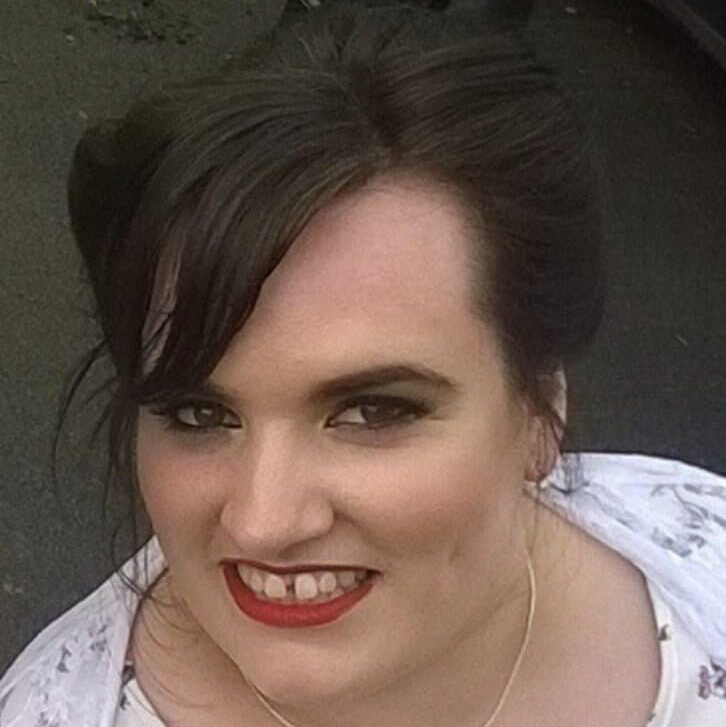Trigger warning: This post discusses suicidal feelings
There is absolutely no point in trying to dress it up to make it comfortable and easy to talk about. We should feel uncomfortable about it. It’s the biggest silent killer affecting us today.
Globally, each year, around 800,000 people die by suicide. That’s one person every 40 seconds. And for every suicide death, there will have been a further 20 people who have attempted to end their lives. In the UK, men account for 75% of deaths by suicide. On average, 135 people will know each of those people. The effects of suicide are far reaching, and that’s why we all need to do our bit to help prevent it.
Suicide is a complex subject. There are many risk factors that can lead to someone experiencing suicidal thoughts and behaviours, The World Health Organisation has classified these into the different groups below.
- Societal
- Difficulties accessing or receiving care
- Access to means of suicide
- Inappropriate media reporting
- Stigma associated with mental health, substance abuse or suicidal behaviour which prevents people from seeking help
- Community
- Poverty
- Experiences of trauma or abuse
- Experiences of disaster, war or conflict
- Experiences of discrimination
- Relationships
- Isolation and lack of support
- Relationship breakdown
- Loss or conflict
- Individual
- Previous suicide attempts
- Self-harm behaviours
- Mental ill-health
- Drug and alcohol misuse
- Financial loss
- Chronic pain
- Family history of suicide
Most of us have probably experienced at least one of these in the past, whether it be the end of a relationship, the loss of a job, self-harm or alcohol misuse, and fortunately, many of us come out of it relatively unscathed. However, this isn’t always the case, and that’s when it becomes a more serious issue.
There’s no point in us thinking that if we don’t talk about suicide, it just won’t happen. It happens. So instead we need to ask ourselves the question, “What can I do to help prevent it from happening in the future?”.
As mentioned earlier, men are three times more likely to take their own lives than women. Why is this? Society expects men to be strong, dependable and able to provide for their family. We each need to play our part in adjusting the stereotypical societal concept of masculinity. We need to encourage men to be more open and vulnerable without fear of repercussions.
Men are shaming themselves for not living up to societal standards. These stereotypes of what it means to be a man are outdated and fall under the category of ‘Toxic Masculinity’, for example, suppressing vulnerable emotions, bullying and violence.
How we respond to conversations about suicide and mental health are critical. We need to normalise talking about it. We need to break the stigma.
It’s critically important that if someone has the courage to open up and show us their vulnerabilities, that we recognise that. Just take a moment to think about it. Imagine you were at such a low point in your life, that you believed that the world would be a better place without you in it. That nobody would notice if you weren’t around anymore. That you’re a burden and you’re dragging everyone down. That your loved ones would be better off without you.
Imagine overcoming all of that to reach out to someone in your darkest moment to ask for help. That isn’t someone who’s attention seeking. That is someone who is fighting for their life. If someone was in hospital on life support, you wouldn’t hit the ‘Off’ switch to check if they were faking it. Just because you can’t see what it is that’s happening, doesn’t make it any less real.
This person has at some point had suicidal thoughts. And now they’re choosing to lay themselves bare, risking opening themselves up to criticism, but ultimately asking for your support. They’re opening up to you because they trust you. Acknowledge that. Don’t judge. Thank them for trusting you and confiding in you.
Give them the space they need to be completely open about, and talk about, whatever they need to. Ask them how they’re really doing. Are they struggling with anything they haven’t told you about? Reassure them that there’s nothing wrong with how they’re feeling and what they’re thinking. Their feelings are completely valid. Be present, be patient and be supportive.
Remember it takes someone huge amounts of courage to open up like this. Feel honoured that they chose you, and show them compassion and understanding.
Suicide is a permanent solution to a temporary problem.
This is just a look into what we as individuals can begin to do to help break the stigma of discussing suicide. If you or anyone you know is having suicidal thoughts, then I urge you to speak to someone about it. If your life is in danger, then call 999 or go to A&E.
A list of useful resources can be found here.
Look after yourselves.
Debi <3




